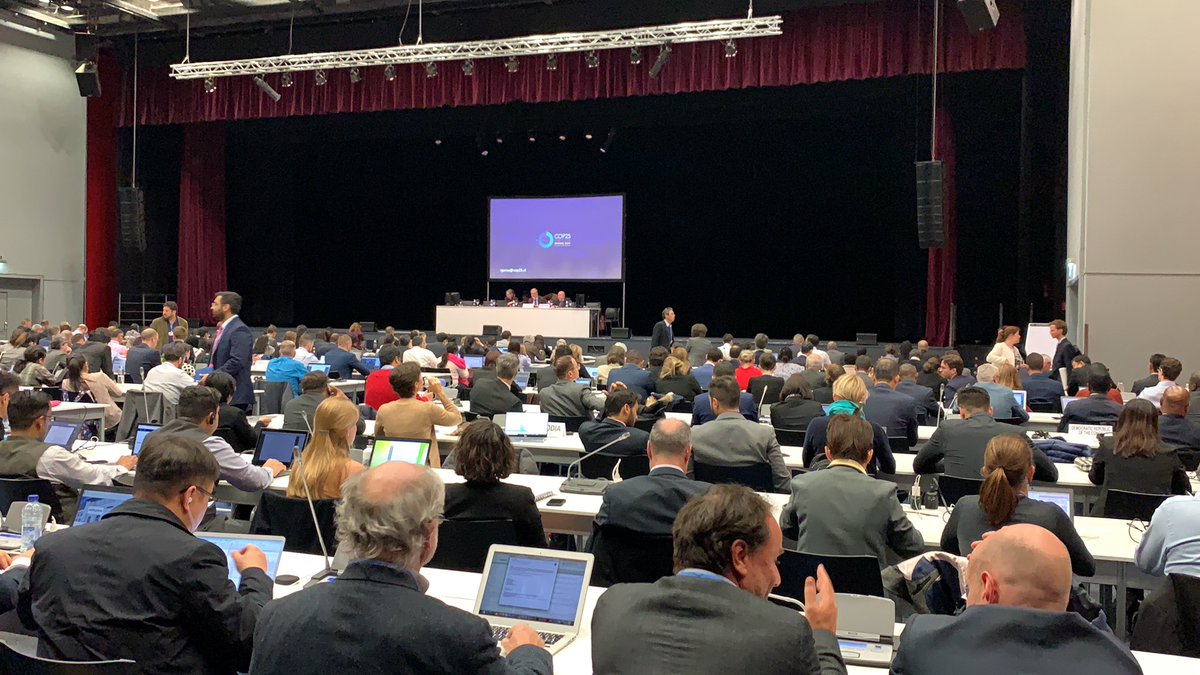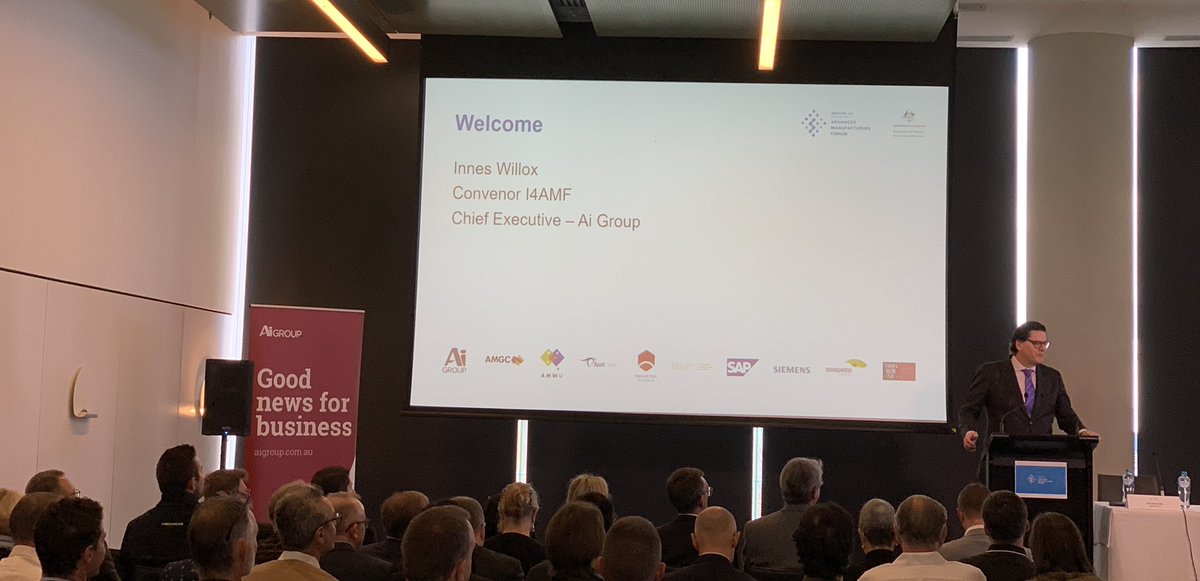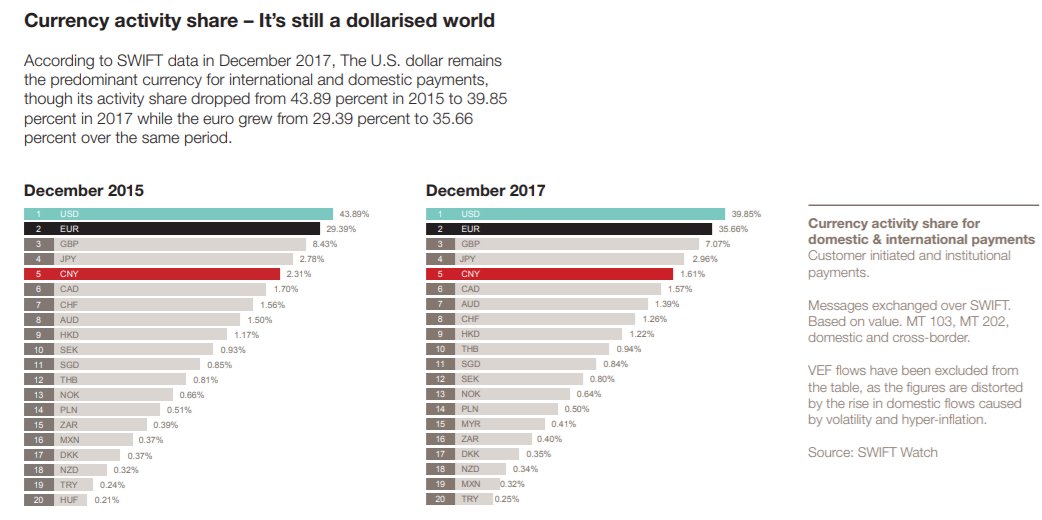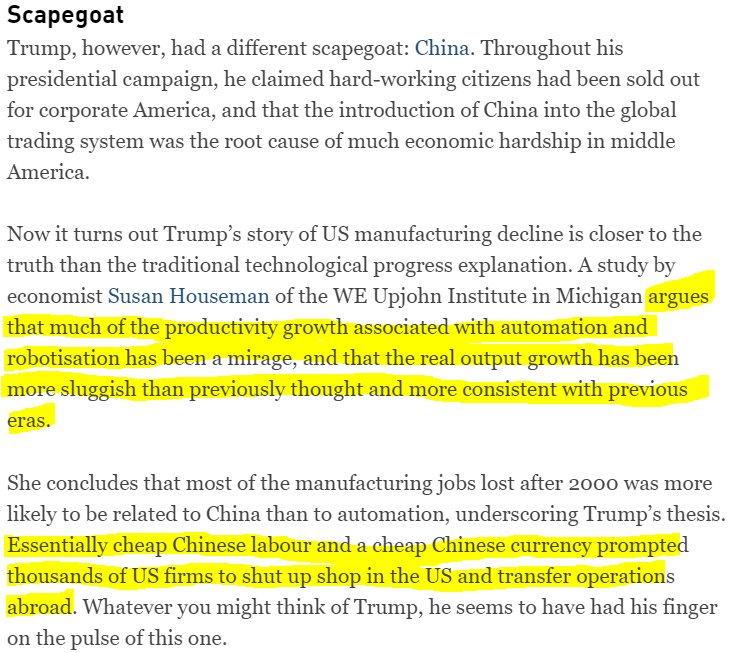
Not much time, need to get to work ASAP.
Climate situation is urgent in light of IPCC SRs. Art 6 must be operationalised from 2020; unfinished biz from Katowice.
Progress at June SB50 consolidated, but not enough. Many unresolved issues in text 6.2 6.4 6.8
Art 6 work is linked to para 77/d of 18/CMA/1 - transparency. reflections note sets out approach to this - discussions on this issue won’t coincide with Art 6
SBSTA must deliver to CMA Monday a set of 3 draft texts as clean as possible with limited issues for Presidency to resolve.
Chair Will work closely with Presidency.
Need advanced text with few and clear options.
Need to focus on what’s needed to be operational in 2020. Not every detail needs resolution now.
Chair met with Heads of delegation, received strong support for the above approach.
Party-driven process. Transparency and inclusion demands all parties be involved throughout.
Proposal: informal consultations cofscilitated by Barbados and Norway. Informal consultations will start today and complete by 1pm Sat 7 Dec.
Work unlikely to produce fully clean draft text, but will send questions to Presidenc
NOBODY OBJECTED so the above approach was adopted.
Turkey requested floor: urgent issues under 6.2 6.4 and 6.8. Endorsed clear transparent rules and no distinctions between parties on rules applying. Tech allows monitoring transaction
CFs: no requests from parties to close, so the session remains open to observers for now
Today’s informal should cover:
Approach
Landing zones for agreement
*Not* speeches on positions.
6.8: work program activities need to highlight leveraging cobenefits. Welcomes work on Options B and C, more inclusive.
Next iteration should say a party providing means shares in outcome
6.8 key to developing countries, addressed adaptation and means as well as mitigation. Linkage to forum on response measures
Applauds Egypt’s comments.
Para 7 and 13 in Option B look v similar. Doesn’t fit - either have SBSTA arrangement, or separate body, or defer decision (bad)
CFs invite reactions to this proposal.
CFs say this is allowed and quite commonplace.
Inclusive voluntary participation noting diversity of NDCs and incorporating all metrics inc non-GHG.
6.2 6.4 need balance - no disadvantage to using 6.4.
Share of proceeds needed from each to fund adaptation etc.
Don’t need to single out some principles of Paris - if one then all.
Negative impacts of response measures needs a link.
Transition from KP: must be approved by host party, transition for methodology and activities. With units, need process to address concerns but transition must be approved by host parties.
Overall Mitigation: support voluntary cancellation of 6.4 reductions as a compromise.
Safeguards and limits per 6.2 must avoid unilateral measures.
Some safeguards are actually principles.
Supervisory body to support response measures forum.
39 C&D - support ‘no text’ option.
Work programs need to be focussed and time-bound.
Supervisory body: well structured section. Cautious about delegating substantive work to this body, should revisit date of establishment and work to be given.
It’s very early in the week for much movement from positions.
Asks if Brazil wants a text option for not establishing this year; Brazil says handlable through brackets.
Transition: some options depend on work elsewhere.
Share of proceeds is in many options; we support 5%, but could specify mix of monetary and %.
Transition: don’t support transition of pre2020 units including AAUs, wherever they came from
Reference to “first transfer” may not be needed - focus on “issuance”.
Safeguards: need operational language. Quantitative restrictions need option text.
Participation responsibilities - long list needs to narrow without adding burdens to developing countries.
Issues across 6.2 and 6.4: supplementarity is key. Guidance shld avoid unilateral measures
Support share of proceeds in 6.2 and 6.4
Don’t support automatic cancellation.
Link to forum on response measures.
Transition: should be no barrier to transitioning existing activities into Art 6. Otherwise would damage trust.
Suggests various simplification options.
CFs will reflect on this.
Baseline text should not be limited in terms of technologies.
Cancellation - there should be none, nor discounting.
CFs say they could have a go at making text for operationalising issues not already addressed, but this will grow the text. Would need to do for first iteration, not Friday.
Cancellation is a thorny issue.
This should be party-driven mechanism with minimal top-down mechanisms.
Reflect heterogeneity of NDCs.
Initial Madrid guidance should be regularly reviewed.
Expect selection of accounting methods should meet all principles, including EO th special supplementary measures
Not all paragraphs are actually options, some are supplementary/ supporting
Could refine points at which adjustment takes place
6.2 guidance is about support not just mitigation.
Corro adjustment - need to maintain options.
Safeguards and limits: need to avoid unilateral measures.
Addressing negative impacts: should allow parties to do so. Share info yearly.
Corresponding adjustments not needed on ITMOs outside a party’s NDC, so no text options are needed.
Share of proceeds on both 6.4?and 6.2.
Corresponding adjustment irrelevant on transfer of ITMOs outside NDCs.
Overall mitigation: balanced treatment w 6.4 through voluntary cancellation.
Streamlining careful of consistent terminology with mandate given.
Corresponding adjustment: need progress on sequencing of reports, disclosure in registries.
Single year/multi - supports limited set of methods. Needs time to focus on resolving.
Par26 option C uses “may” - needs stronger verb.
More work on corro adjustment: next iteration should combine A and B options. C and D are distinct
Appreciate flex on multiple metrics from other parties.
Art 13 - 6.2 guidance superseding Art 13 decision - this option should remain.
Inside/outside NDC text can be streamlined.
Supports 5% share of proceeds
Corro adjustments - support Japan streamlining.
Suggests other streamline options.
Mitigation should focus on definition of ITMOs.
















